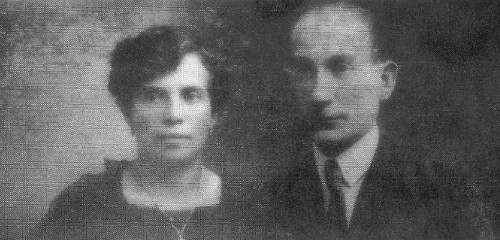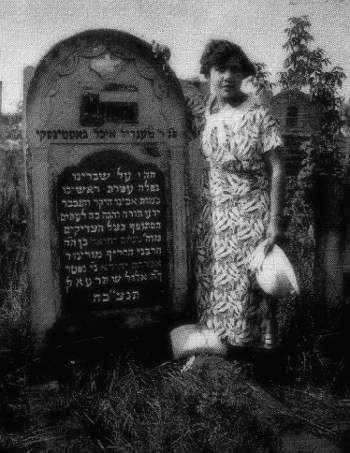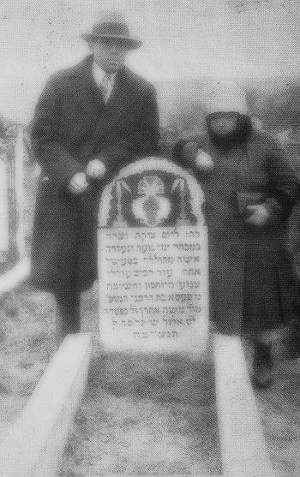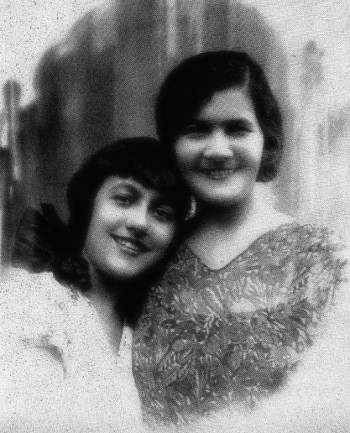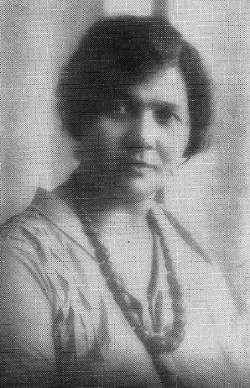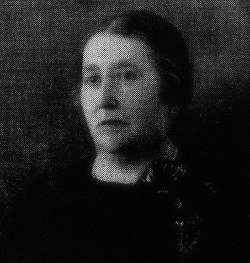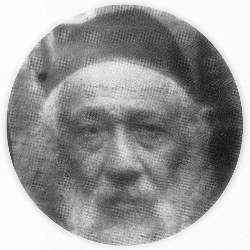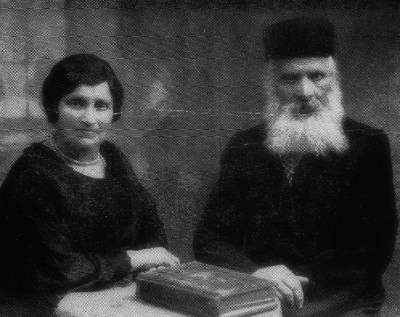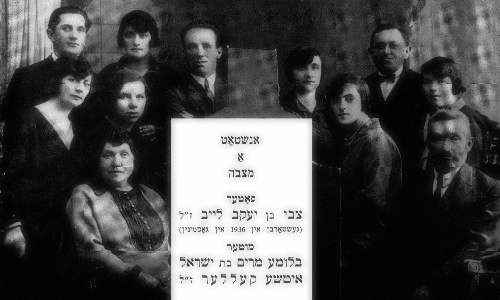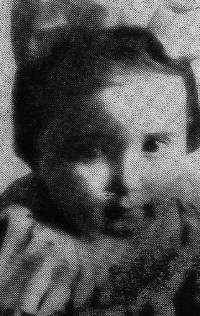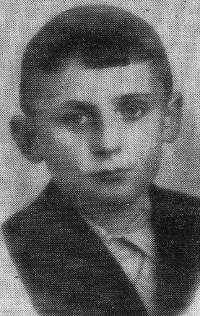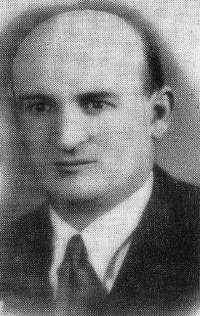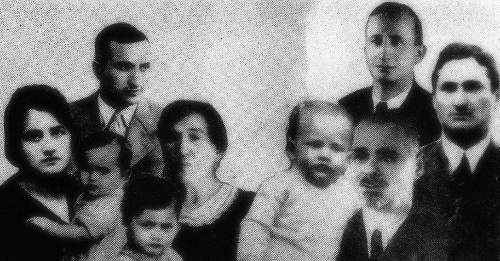|
For the holy memory of our sister and brother-in-law, may they rest in peace
Yitzchok Izayev and wife, Died in Grodno after the First World War
Our sister Honor their memory!
Julius Miller, Morris Miller, Leah (Miller) Keller |
may they rest in peace
Rochel Motil left Gostynin in the early years of this century, when, across the entire Poland the revolutionary freedom movements began to ignite everywhere. Even though in those years few girls joined the movement, Rochel was found at many party meetings because she belonged to the intellectual class of girls in the city.
Here in America, Rochel met Naphtali Korn, a boy from Warsaw, a warm idealist who was active back home in the Poalei Tzion [Zionist Workers' Movement] movement. Later on, they married and moved to Detroit.
Rochel never forgot her hometown of Gostynin. After the destruction of Poland, when she found out that the Gostynin Social Club in New York was running aid activities for the rescued Gostyniner Jews, she participated warmly and extensively.
Naphatali Korn was very active in Detroit in the Zionist Workers' Movement, and was dynamic until his last days of life. He managed to visit the State of Israel, which for him was the holy realization of a lifelong dream.
Rochel died very early, on November 7, 1950. Naphtali died suddenly on April 26, 1958. They left behind two wonderful daughters: Selma and Phyllis, who received, other than a general education, a fine Jewish education.
The Gostyniner will always remember Rochel and Naphtali.
